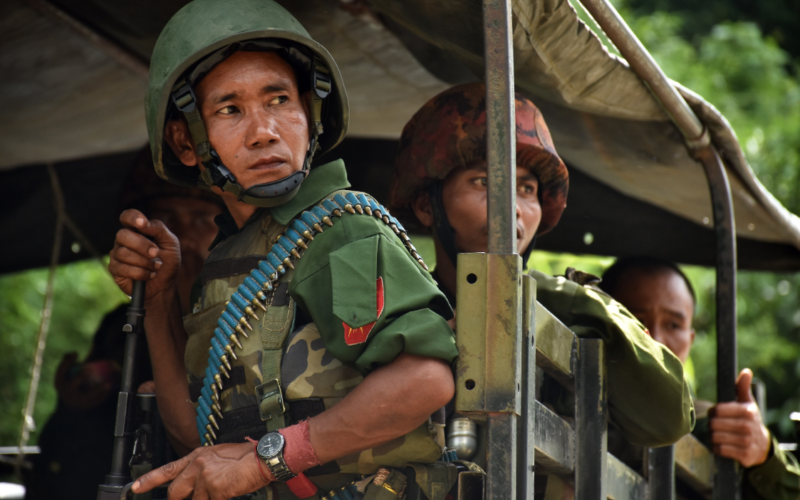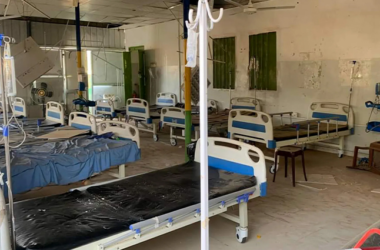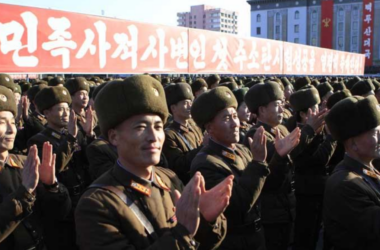In a significant turn of events, Myanmar’s military has conceded the loss of control over Chinshwehaw, a strategic northern town on the Chinese border, following days of intense clashes with three ethnic armed groups. The situation raises concerns about regional stability, displacement, and the broader implications for Myanmar’s relationship with China.
According to Myanmar military spokesperson Zaw Min Tun, the town of Chinshwehaw, situated along the border with China’s Yunnan province, is no longer under the control of the government, administrative organizations, or security forces. The military’s inability to maintain control underscores the escalating conflict in the northern Shan state.
The clashes that erupted in this region have far-reaching consequences, particularly given that Myanmar and China are involved in a billion-dollar rail project as part of China’s ambitious Belt and Road global infrastructure initiative. This project aims to establish a vital trade link between the two nations.
The three ethnic armed groups involved in the recent fighting are the Ta’ang National Liberation Army (TNLA), the Arakan Army (AA), and the Myanmar National Democratic Alliance Army (MNDAA). They have reported the seizure of several military posts and key roads connecting Myanmar with China. These developments have disrupted border trade, threatening one of Myanmar’s most critical economic lifelines.
The United Nations has expressed grave concerns about the humanitarian impact of the conflict. Thousands of people have reportedly been displaced due to the violence, with some fleeing across the border into China to seek safety and refuge.
It’s worth noting that more than a quarter of Myanmar’s border trade with China, valued at $1.8 billion from April to September this year, flowed through Chinshwehaw. This information, as reported by junta-controlled media in September, cited Myanmar’s commerce ministry and underscores the economic significance of the region.
The loss of control over Chinshwehaw is a significant setback for Myanmar’s military junta. It highlights the ongoing challenges and complexities the country faces, including ethnic tensions, border disputes, and their potential impact on the wider geopolitical landscape in the region. Furthermore, it raises questions about the sustainability of Myanmar’s involvement in China’s Belt and Road initiative, which had promised economic benefits and development opportunities for the nation. The international community continues to closely monitor the situation, hoping for a peaceful resolution and the alleviation of humanitarian suffering.








